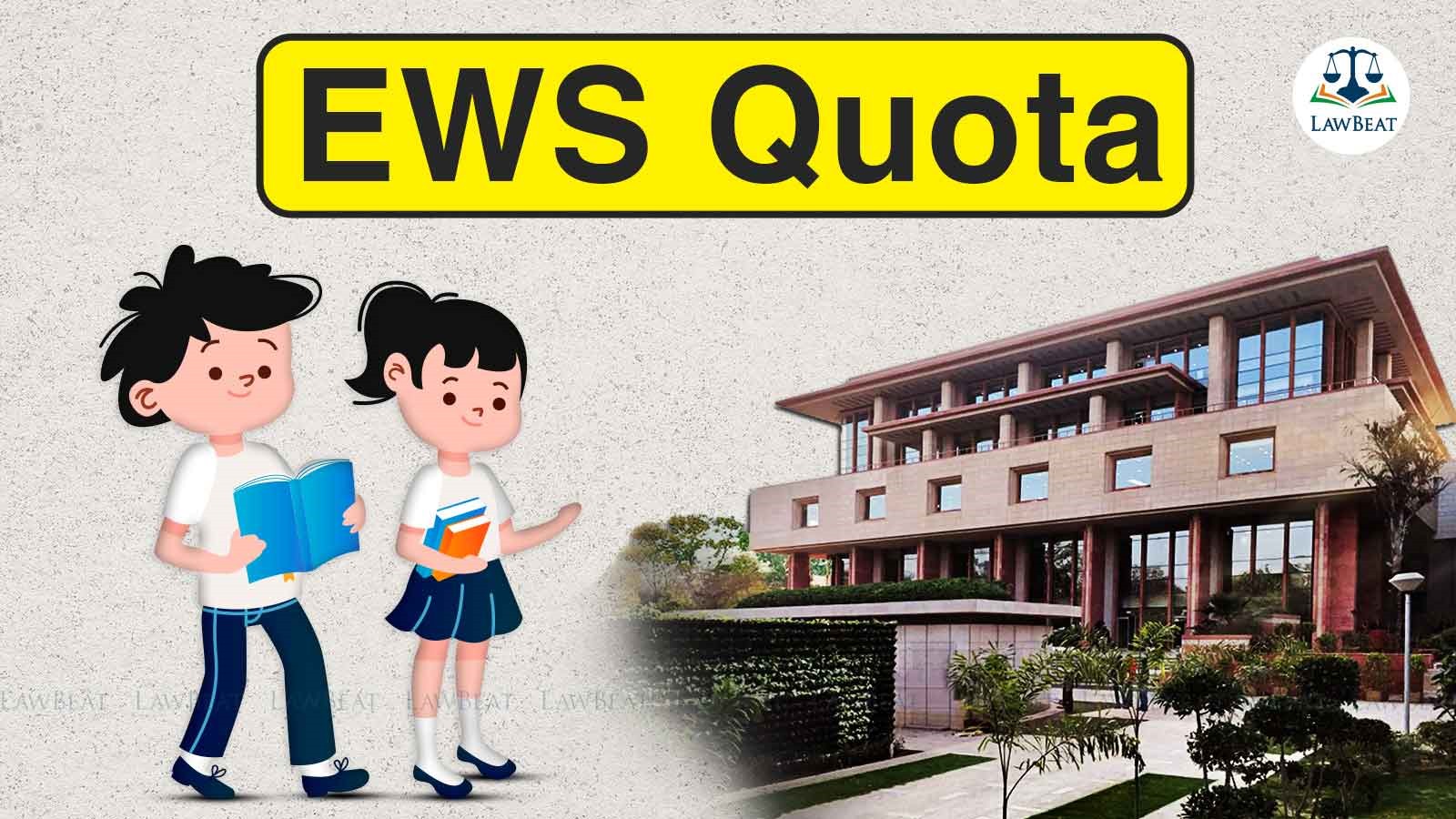Delhi HC Modifies Order Raising Income Threshold For EWS Quota In School Admissions To Rs 5 Lakhs

Court stressed the importance of a scientific approach in setting income criteria, highlighting disparities between existing thresholds and prevailing economic conditions
The Delhi High Court recently modified an order raising the income requirements for admission under the Economically Weaker Sections (EWS) quota in schools. This modification came in response to a case involving fraudulent admissions to a prestigious school, where a father had falsified documents.
A division bench of the high court stressed the importance of a scientific approach in setting income criteria, highlighting disparities between existing thresholds and prevailing economic conditions. Initially set at Rs 1 lakh annually, the threshold was temporarily raised to Rs 2.5 lakh, deviating from an earlier proposal of Rs 5 lakh until relevant laws are amended.
The case history dates back to the issuance of the Delhi School Education (Free seats for Students belonging to Economically Weaker Sections and Disadvantaged Group) Order, 2011, aimed at providing quality education to economically disadvantaged students. An incident arose when a minor student secured admission under this quota based on an income certificate indicating an annual income of Rs. 67,200 for his father. However, controversy emerged in 2018 when the student's father sought to change the admission category and residence address, leading to investigations uncovering document discrepancies and allegations of fraud.
Consequently, the student's admission was revoked twice by the Directorate of Education due to misrepresentation and fraud. Despite legal challenges and hearings, the cancellation of the admission was upheld. The student then filed a writ petition challenging the cancellation orders, arguing lack of fairness and jurisdictional issues. However, the state countered, asserting that the father engaged in illegal activities to secure fraudulent documents.
The court, while examining the case, emphasized the objective of the Right of Children to Free and Compulsory Education Act, 2009, which aims to provide equal access to education regardless of economic status. Regarding the issues raised, the court concluded that the admission was obtained fraudulently, considering false income information and strategic avoidance of filing tax returns. The court also cautioned against abusing the equitable jurisdiction of Article 226, stressing the importance of transparency and fairness in litigation, especially in proceedings reliant on affidavits.
In addressing the principles of natural justice, the court underscored the need for procedural fairness and participation in decision-making processes. It emphasized that decisions must be based on a reasonable, fair, and non-arbitrary process. The court noted that the petitioner was given sufficient time and opportunity to participate in the proceedings, highlighting the importance of participatory democracy in administrative decision-making.
The Single Judge Bench of Purushaindra Kumar Kaurav had highlighted the absence of random inquiries to verify the authenticity of candidates applying for admission under the EWS quota. Stressing the need for a more credible and transparent process, the court directed the Directorate of Education (DOE) to increase the threshold income from Rs. 1 lakh to Rs. 2.5 lakhs per annum. Recognizing the importance of welfare legislation, the court had urged prompt government action to address societal needs. To ensure effective implementation of the Right to Education Act, the court had also issued directives, including the elimination of the self-declaration mechanism and the establishment of a verification process for EWS admissions.
Case Title: Directorate Of Education v Master Singham & Anr
